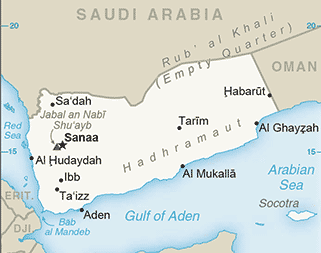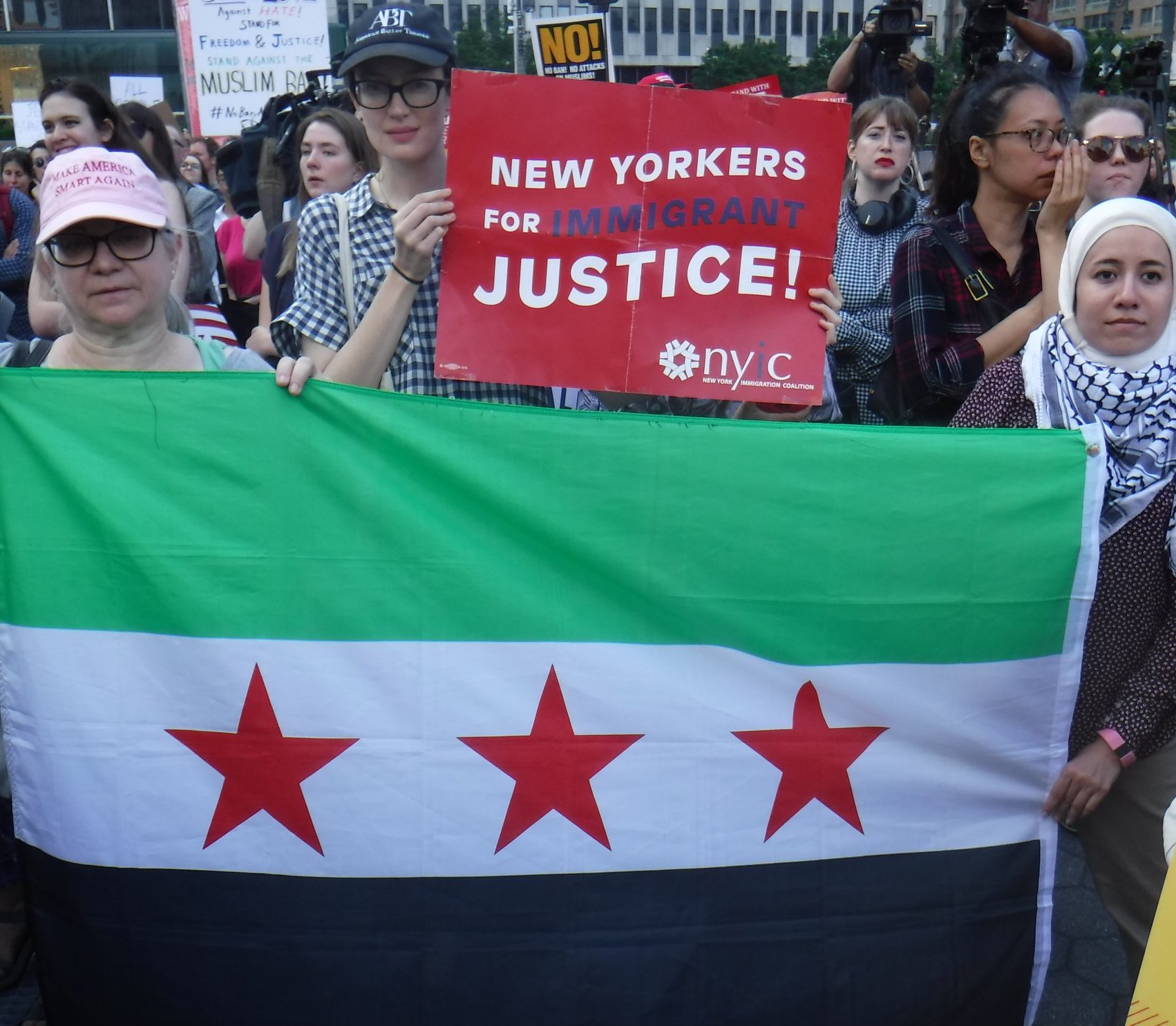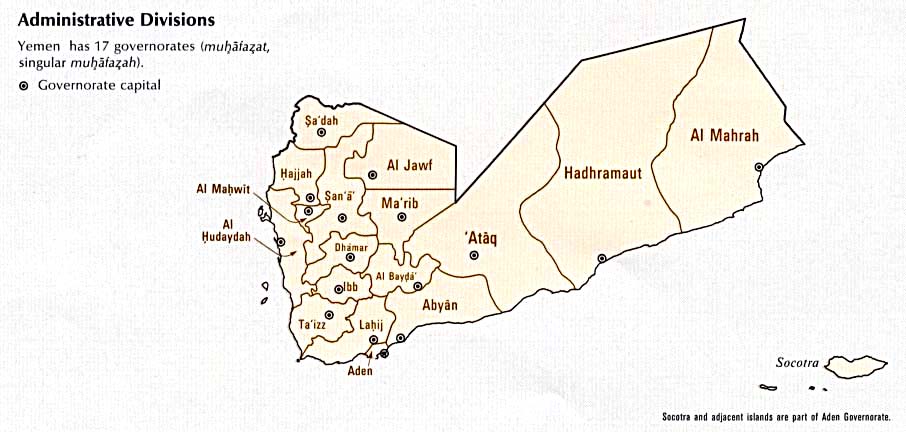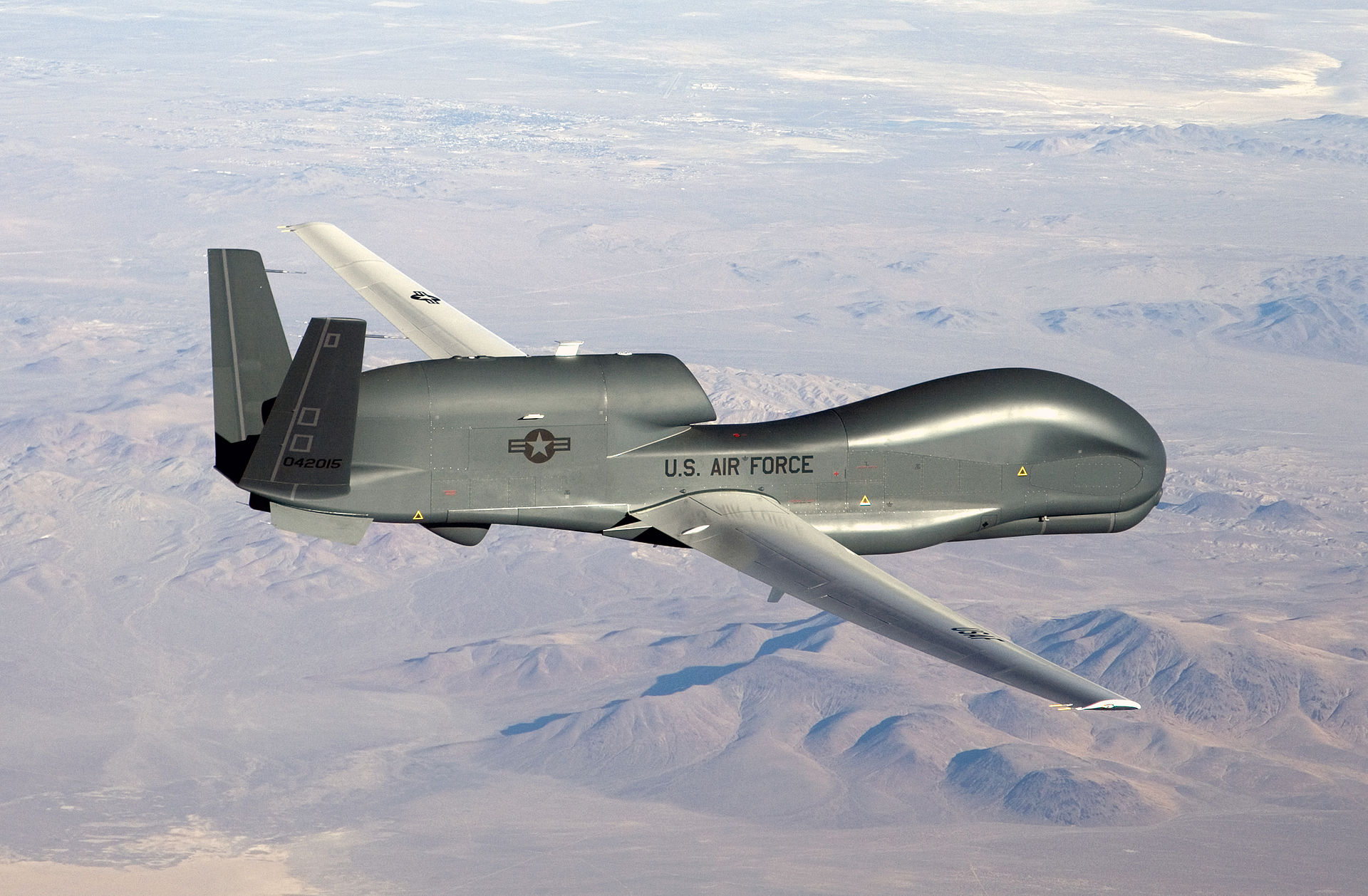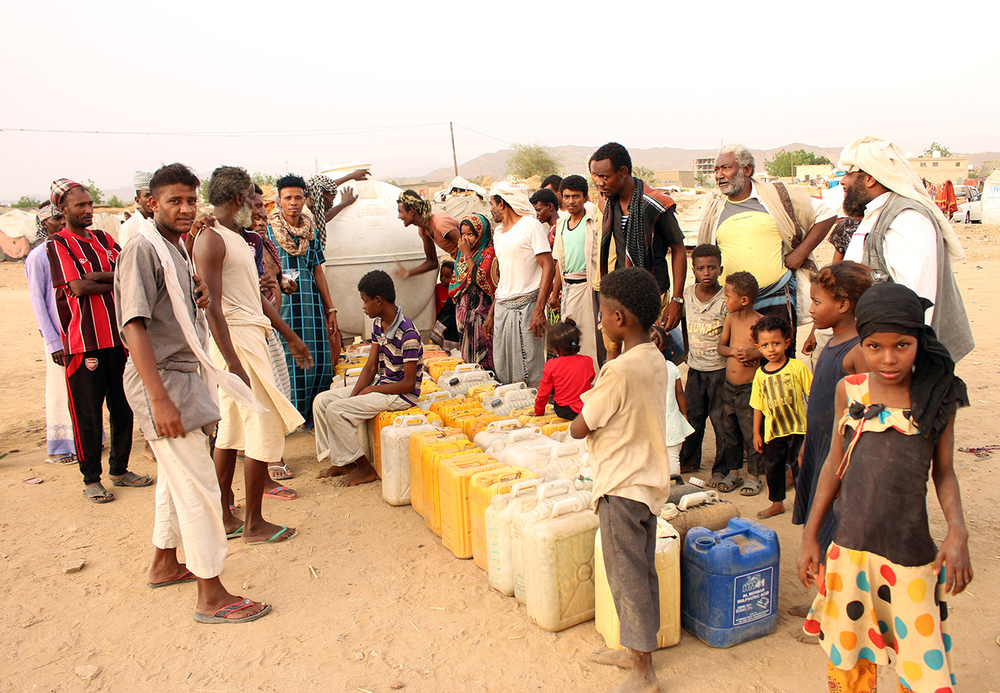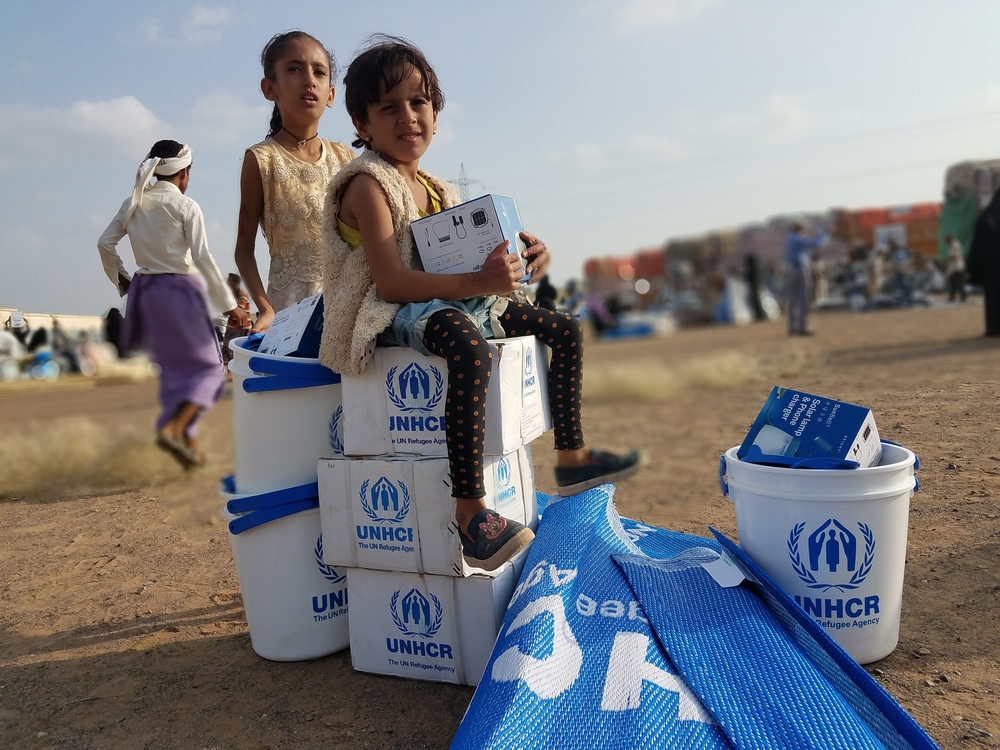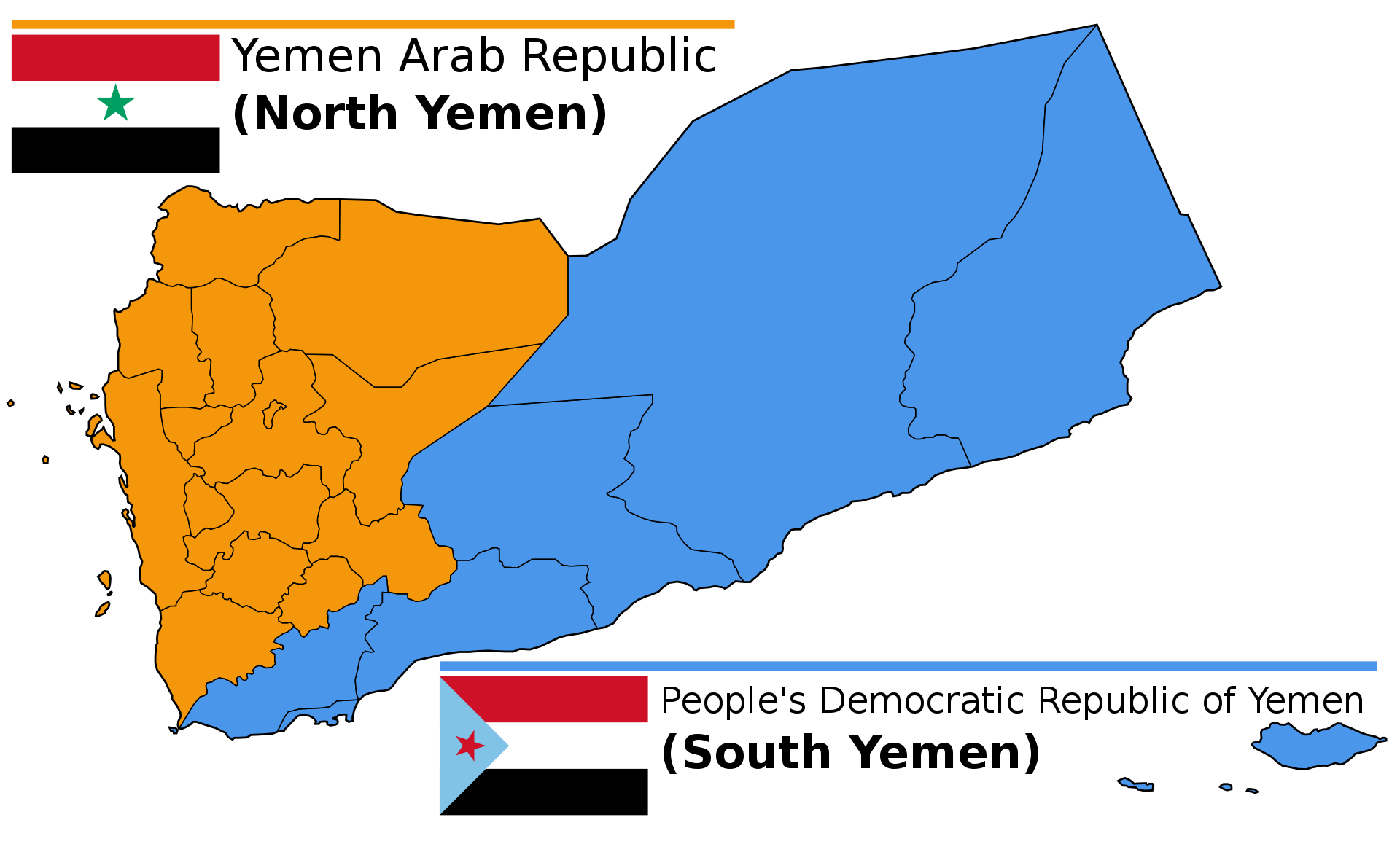
Yemen’s southern separatists declare self-rule
Yemen’s southern separatist group declared self-rule in the parts of the country it controls, leading to fears of a new and even more dangerous conflict after five years of war. The Southern Transitional Council said in its announcement that it plans to govern several southern provinces, including the de facto capital city of Aden,which the internationally recognized government of President Abd Rabbu Mansour Hadi also claims as its seat. (Map of Yemen before 1990 unification via Wikipedia)



